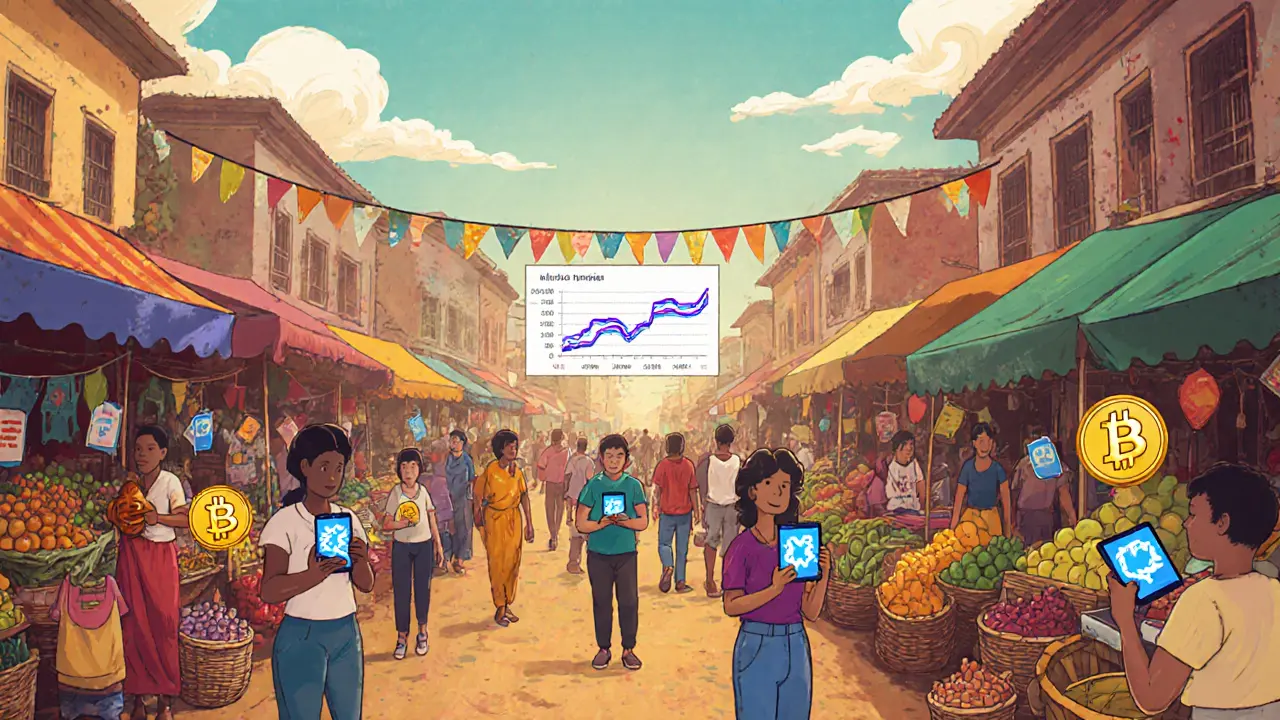Bitcoin Adoption in Venezuela: A Deep Look
When looking at Bitcoin adoption in Venezuela, the growing use of Bitcoin to preserve wealth and pay for everyday goods in a country facing economic turmoil. Also known as Venezuelan crypto uptake, it has become a lifeline for many. This shift is largely a response to hyperinflation, the relentless devaluation of the bolívar that erodes purchasing power, which pushes citizens to look for assets that hold value over time.
Another major driver is remittances, money sent home by Venezuelans working abroad. Traditional money‑transfer routes can be slow, costly, or blocked, so families increasingly turn to Bitcoin for fast, cheap cross‑border payments. At the same time, the cryptocurrency regulations, the evolving legal framework that governs digital assets in Venezuela shape how businesses and individuals can use crypto, from licensing exchanges to taxing transactions. A clear regulatory stance can either boost confidence or create uncertainty, directly influencing adoption rates.
Behind the scenes, the country's energy grid, the unreliable electricity supply that many miners rely on plays a surprising role. Frequent blackouts and low‑cost hydroelectric power in remote regions make Bitcoin mining both a challenge and an opportunity, attracting hobbyist miners who can profit from excess energy. Together, these factors form a web where Bitcoin adoption in Venezuela encompasses financial survival, cross‑border support, and local tech innovation. Below, you’ll find a curated set of articles that unpack each of these angles, from policy analysis to on‑the‑ground case studies, giving you a practical roadmap to understand the crypto surge in Venezuela.
How Bitcoin Adoption Is Helping Venezuela Survive the Economic Crisis
Explore how Bitcoin and stablecoins are helping Venezuelans cope with hyperinflation, the role of P2P platforms, real-life impacts, and future prospects.



